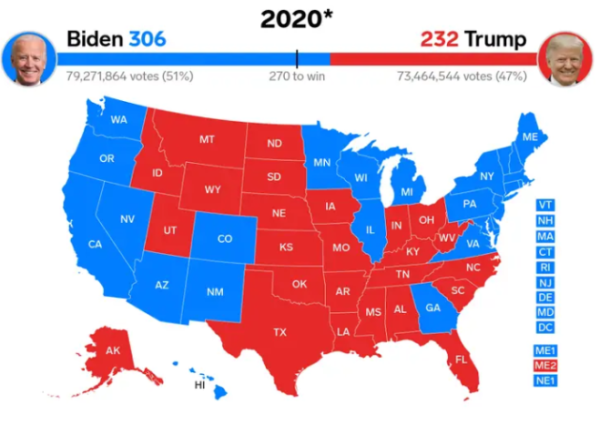The Conflict with Budgeting: Sports vs. Other Activities in Schools
It’s definitely not an outlandish statement to point out the fact that in most schools across America, sports are more heavily funded than any other activities that a school might offer. But what is rarely prodded at, is if this is actually fair to the students who put the same amount of work into their club as any other athlete would into their sport. Even in our own high school, we can see an immense difference between the amount of money spent on sports versus our extracurriculars.
It is important to review the money-based facts as to why sports may get more funding in schools than other extracurriculars. First off, sports have equipment that they need to provide to each individual player. Every sports team needs matching uniforms, not to mention the extra equipment required to play some sports. If you think about it, lacrosse and football both need helmets and padding to play which most schools provide for the players. Another reason sports receive more funding is that they bring in more money than other extracurriculars do. Sure, some clubs may be able to hold fundraisers, but each sport holds games almost every week during their seasons. Especially with the more popular sports like football and basketball, schools can charge money upon entry and also gain profits from snack stands. Along with bringing in a lot of money through some sports hosting games, they can also bring in lots of sponsors. On Stewart Field specifically, you can see the fence lined with different brands advertised who have paid money to help support the team, but this also goes for many other schools as well, especially at the college level.
It is also obvious that we have to bring up the more practical reason sports get more budgeting: popularity. Sports clearly take up a large percentage of the school environment, especially in America where they are so competitive and people can be invested without even knowing much about the sport. These games are more social events than something like an orchestra concert, so more students are likely to attend the games. Sports games especially keep the overall student morale up and bring together the school as a whole. Seeing everyone get excited and dressed up to the theme for the big game is an experience that most people know and share good memories with.
Although some may strongly believe that sports deserve to get more funding than extracurriculars, others are questioning… is this fair? Extracurriculars and activities include any school-funded club that meets after school, such as robotics, speech and debate, yearbook, and many others. There are also other activities that may not fall into the “club” category like marching band, theater, and any other arts programs. Some question if it’s fair that sports get more funding because the people in extracurriculars put in the same amount of effort and hold up the same responsibilities that athletes do. We, as members of the school system, have an idea that all students should be equal so that is what is inclining some to question the over budget choices between schools across the country. If the extracurriculars did get the same amount of funding there would be overall more opportunities within the school geared towards students who are not as athletic. Some may argue that sports deserve more funding because they can help put students through college with the help of scholarships, but the same could be said for extracurriculars, especially those that involve any musical talent, like theater.
The conflict is messy, but at the heart of the conversation is a desire for students to have the opportunity to enjoy doing activities that are detached from school. No matter their walk of life or their interests, everyone deserves to have an open space for them to explore and be passionate about something that has no bearing whatsoever on their grades. And at least in the case of Hunterdon Central, whether it is a sport or an extracurricular, there are abundant ways to get involved in the devilish community.





